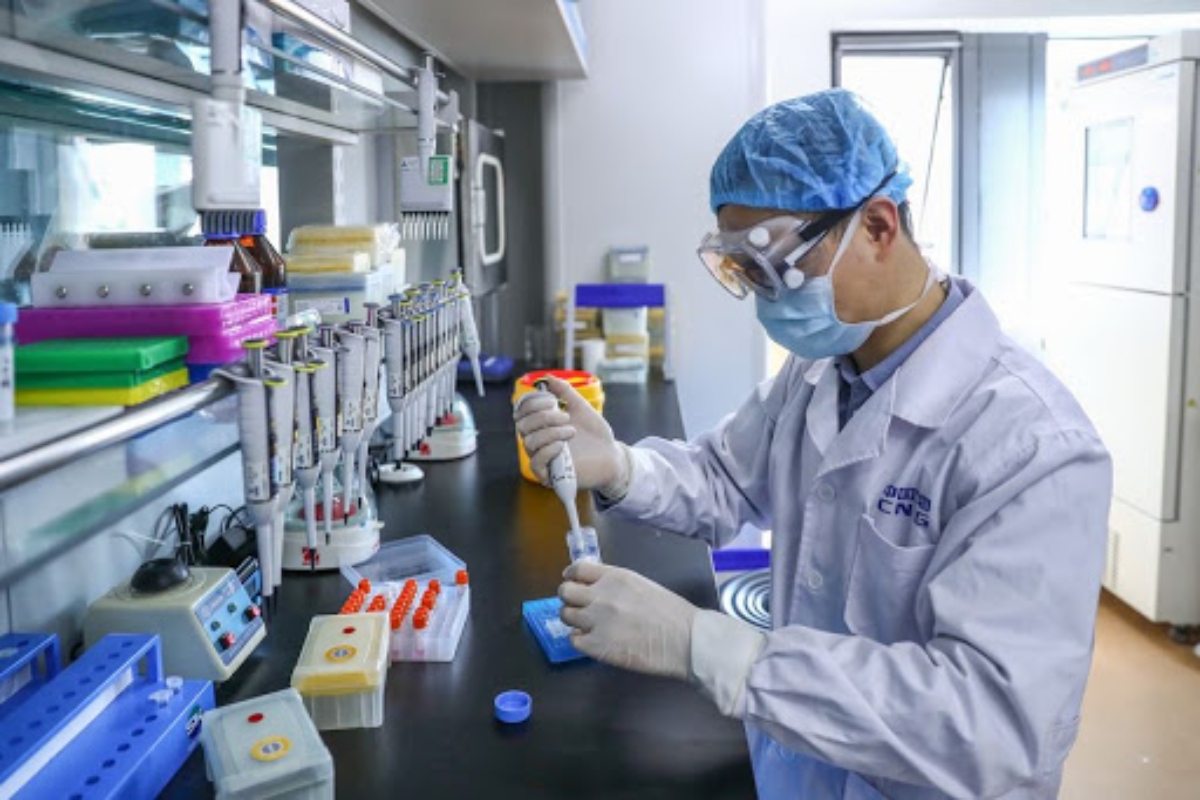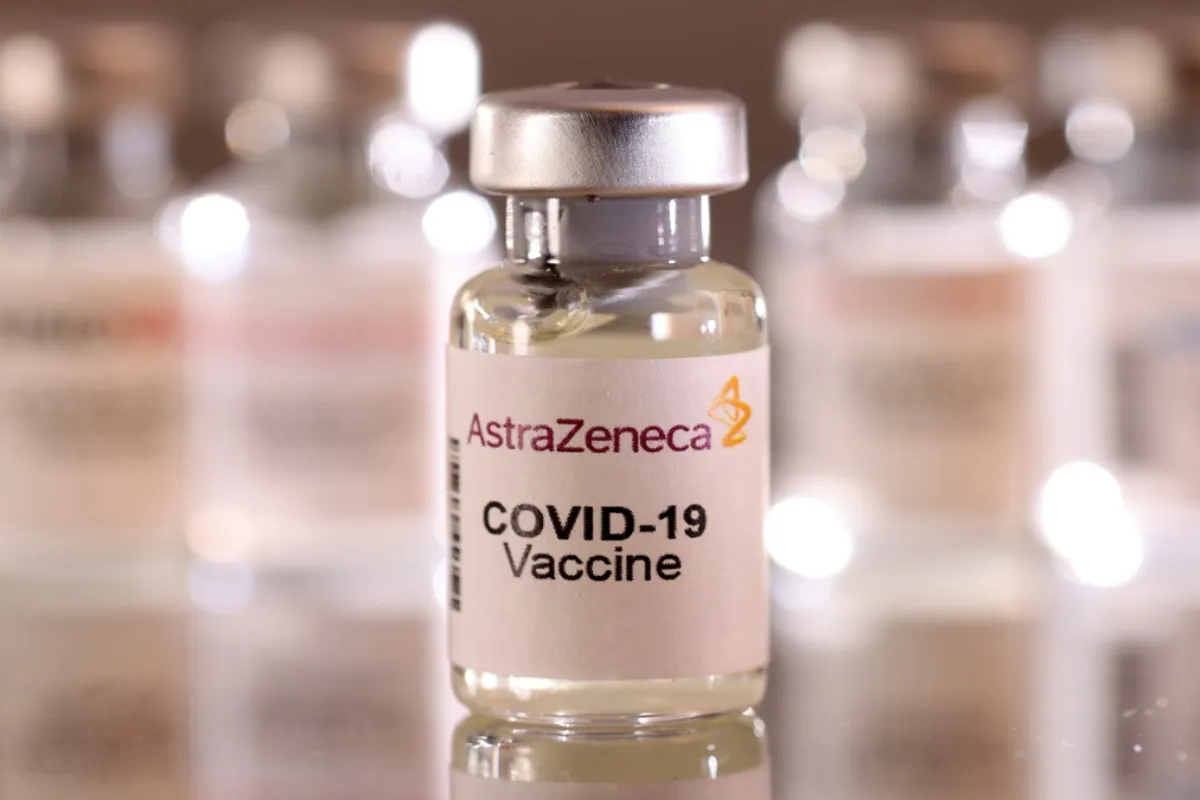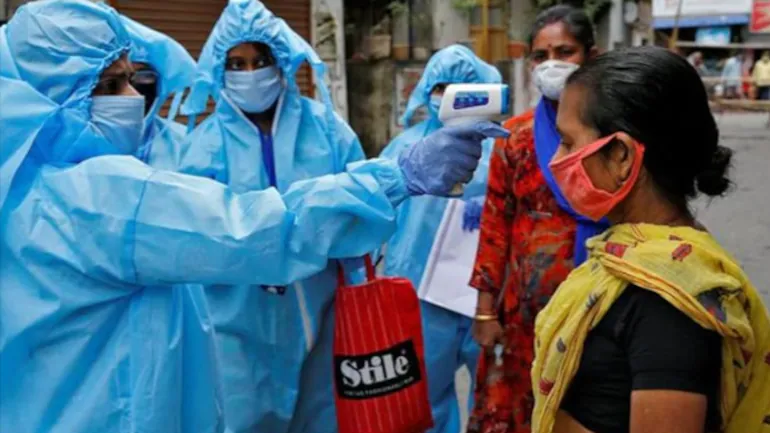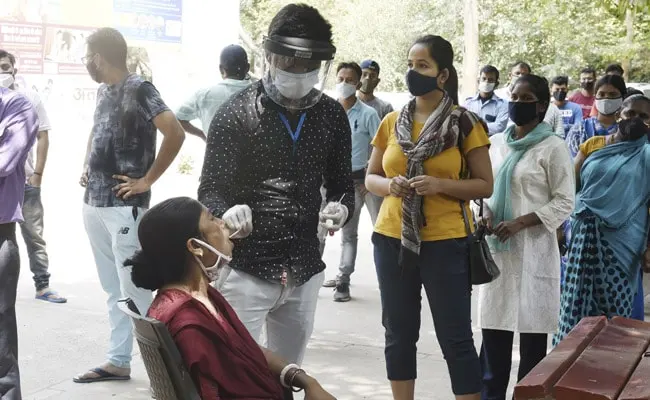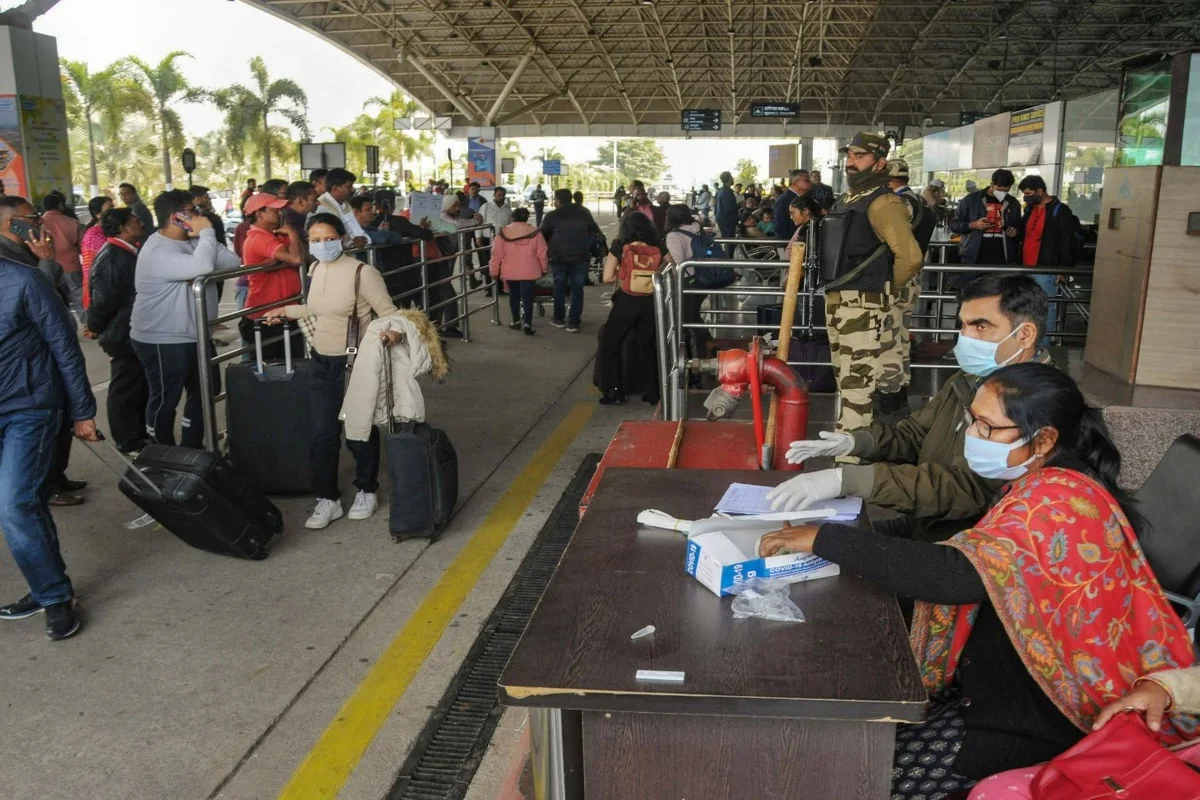After the adverse effect of Oxford’s much-anticipated vaccine being developed with UK firm AstraZeneca, the clinical trials across the world were put on a pause. Serum Institute of India, who has collaborated with the vaccine candidate to manufacture the vaccine for several countries including India also stopped its trial.
Now, in the latest, it has been reported that Drugs Controller General of India (DCGI) Dr VG Somani, on Tuesday, revoked his earlier order to suspend trials and allowed Serum Institute to resume the clinical trial of covid-19 vaccine candidate in the country.
“In view of the above, I Dr V G Somani, Drugs Controller General of India, Central Licensing Authority, after careful examination of your reply and the recommendations of the DSMB in India and in UK revoke herewith the order dated September 11 issued under Rule 30 of the New Drugs and Clinical Trials Rules, 2019.
“You may recommence the clinical trial as recommended by DSMB, India, as per already approved protocol and the provisions laid down under the New Drugs and Clinical Trial Rules, 2019, subject to the conditions mentioned,” the order said.
For the safety and credibility of the vaccine, the DCGI has asked SII to take extra care during screening. He has also asked asked the company to provide additional information and close monitoring of adverse effects if any.
SII has also been asked to submit to the DCGI’s office details of medication used in accordance with the protocol for management of adverse events.
Following the adverse effect on a participant in US stage 3 trials, the DCGI had ordered SII to stop phase 2 and 3 trial with immediate effect.
AstraZeneca, in a statement on September 8, had said that the COVID-19 vaccine candidate, being developed by AstraZeneca and the University of Oxford, have been put on pause for a temporary period due to a suspected serious adverse reaction in a participant in the United Kingdom.
The Pune-based firm, SIIR, submitted a summary of safety follow up of seven days post first vaccination, while asserting that no serious adverse affects were experienced by any of the participants till the date of the reporting, and the reported adverse cases were stated to be mild, resolved on their own and did not have any long term consequences.


